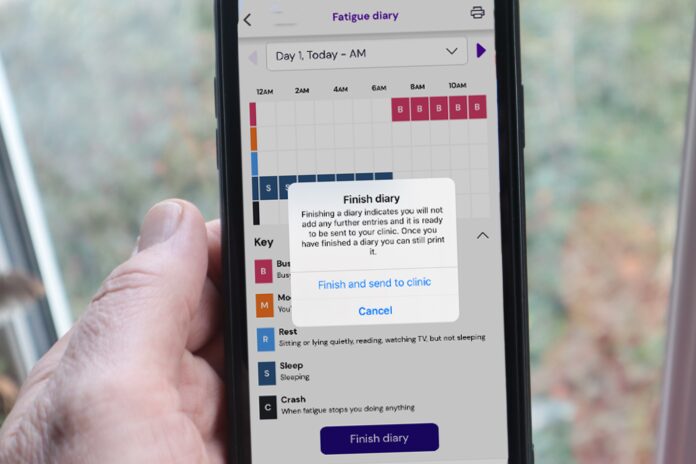Working days lost to long Covid could be costing the economy billions of pounds every year, as patients struggle to cope with symptoms and return to work, according to a new study involving the University of Southampton.
The research, published in BMJ Open and funded by the National Institute for Health and Care Research (NIHR), examined the impact of long Covid on over four thousand patients who were referred to a long Covid clinic and registered in the Living With Covid Recovery (LWCR) programme between August 2020 and August 2022.
The study, led by University College London (UCL), found that the economic burden of long Covid is primarily driven by productivity losses – averaging £931 per patient per month, over the six-month period.
This was calculated using the national average hourly pay (£13.57 per hour) and the average working hours per week (33.9 hours).
“Long Covid is causing an extensive burden on patient health which will have a profound impact on the economy,” says Dr Katherine Bradbury , a behavioural scientist at the University of Southampton and digital health lead for NIHR ARC Wessex and co-investigator of the study.
“The wider impact on society is greater than previously predicted, bringing significant losses not just to individuals, but to the country as a whole.”
The ONS states that around two million people in the UK have long Covid.
During the study, NHS patients used a mobile app to track their symptoms as part of their treatment for the condition.
Patients completed questionnaires on the app about how long Covid was affecting them – considering the impact on their day-to-day activities, levels of fatigue, brain fog, health-related quality of life, relationships and ability to work.
The study found that on average, all the individuals who had been referred to long Covid clinics in the UK reported little improvement in their ability to perform day-to-day activities, fatigue, quality of life and ability to work over the first six months after seeking help for their symptoms.
Almost three-quarters (72 per cent) of the participants who reported loss of working days when they first started to use the app and continued to report working days lost at six months. Over a third (36 per cent) of these were unable to work at all.
Senior author of the study Professor Manuel Gomes from UCL said: “The costs associated with working days lost could potentially cost the economy up to £20billion (£931 x two million people x 12 months) a year.
“Obviously patients in our sample are likely to be more symptomatic and/or impaired than the average long Covid patient, but even if only 10% of all long Covid patients in the UK were significantly impaired, that would equate to £2billion per year.”
Further findings from the study showed that around half (46.3 per cent) of long Covid patients had severe functional impairment at six months, emphasising ongoing challenges in long Covid recovery.
The new study follows the team’s findings from last year , which show how long Covid can impact fatigue and quality of life worse than some cancers.
Professor William Henley, from the University of Exeter, added: “The persistent functional impairment and poor quality of life of long Covid patients over time significantly affects the individual’s ability to work and presents a significant economic burden to the individuals themselves as well as to the economy.
“Addressing ongoing challenges related to fatigue and its impact on work absenteeism should be a priority for future health care interventions aimed at supporting the recovery of individuals with long Covid.”







